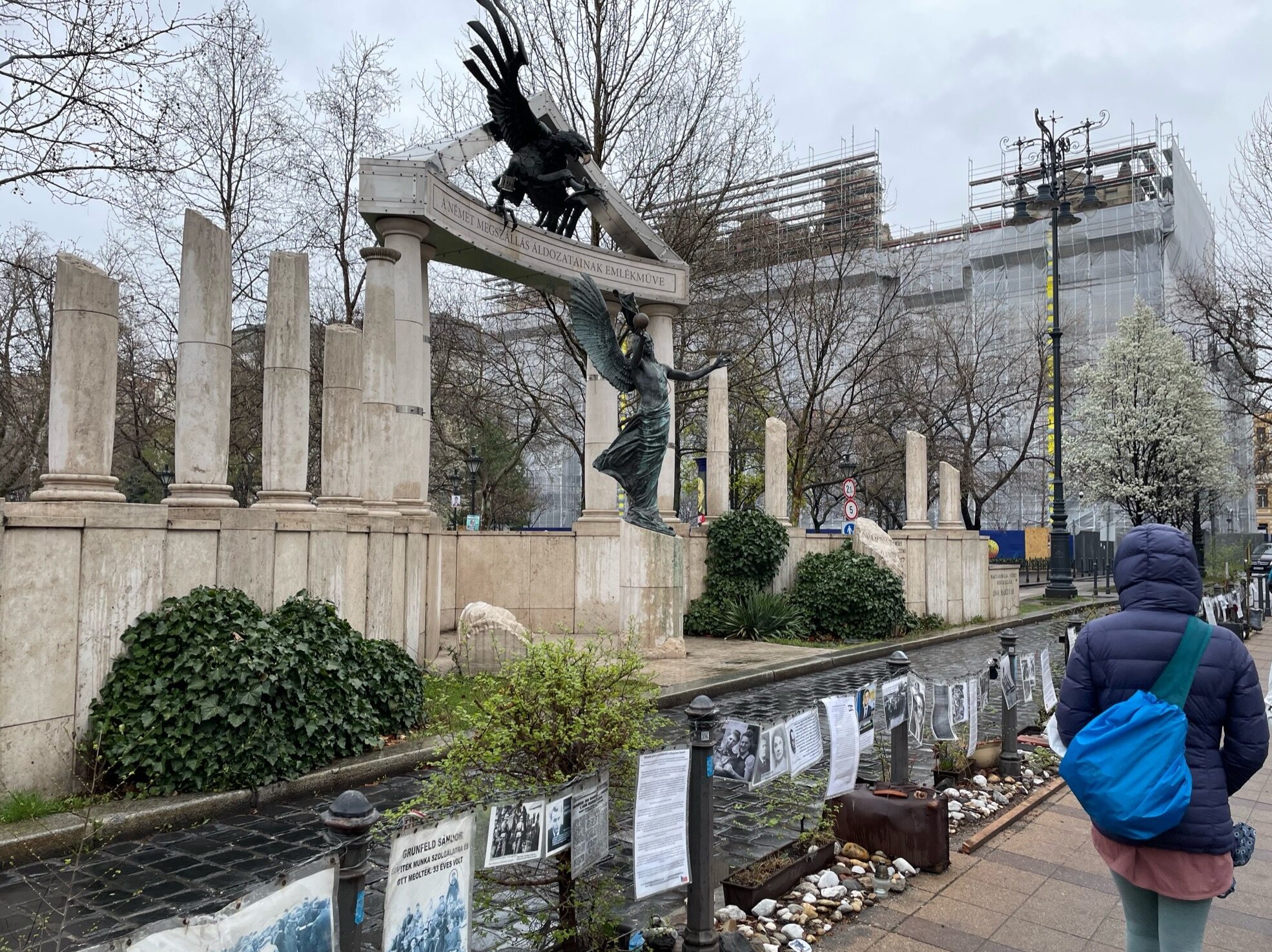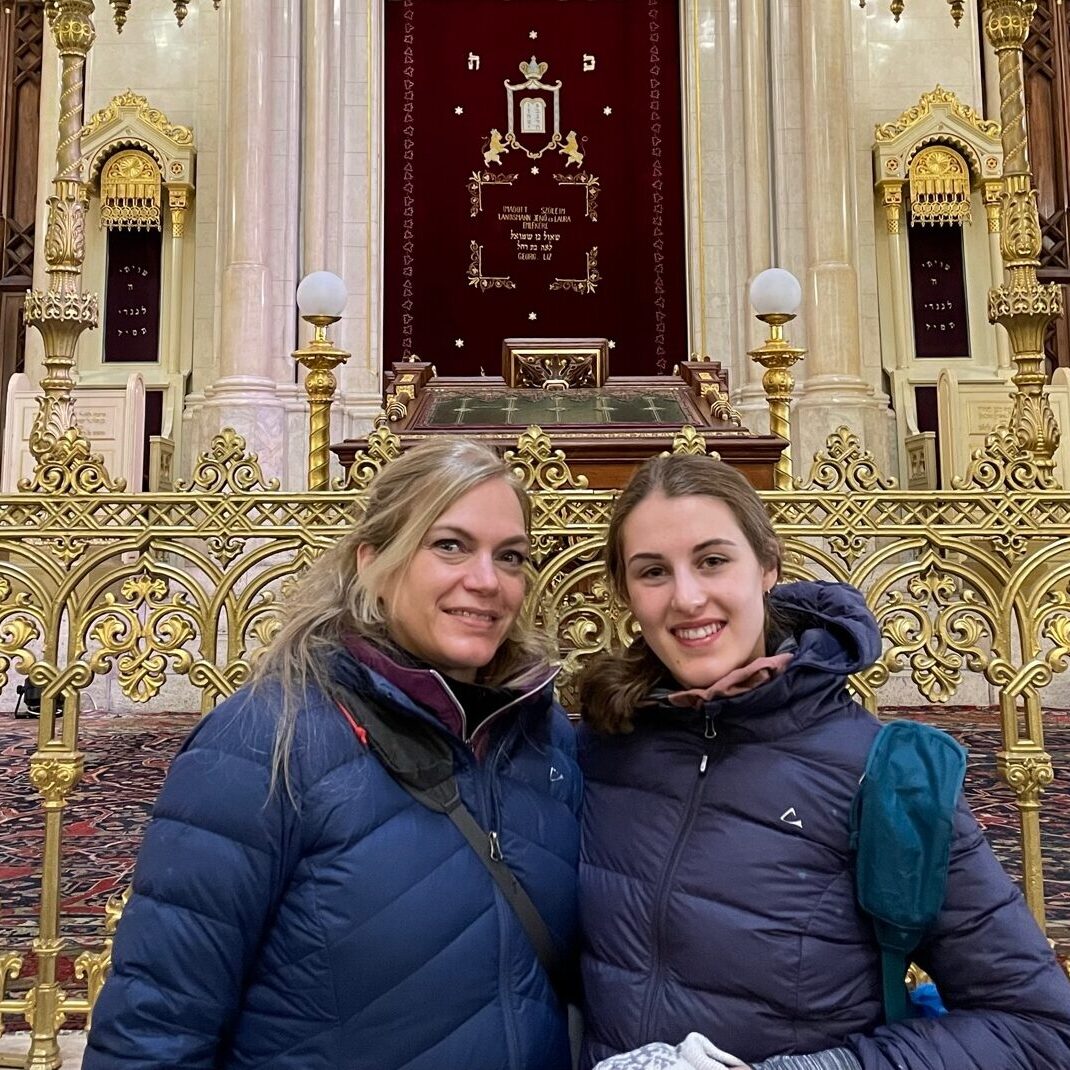During and post Covid, there have been many news reports of tourists and locals being fed up with the “mass tourism” that seemed to be the standard prior to 2020, especially in cities like New York, London, Paris, Amsterdam and Tokyo. Perhaps travellers aren’t just looking for the big sights but also want to experience the local culture, hidden gems, and learn something new. This is how we feel – we want to travel like temporary locals.
Read on for our 5 best tips on finding cultural experiences and other hidden gems to add to your next trip.
1. Food
Food is the probably the easiest way to connect with the local culture (after all, everyone has to eat), and there are multiple ways to turn a simple meal into an unforgettable cultural gem.
Seek out locally owned restaurants

Do some research on the best foodie neighbourhoods. Although some local, family-run, hole-in-the-wall restaurants do have websites and ratings on Google or TripAdvisor, many may not have an online presence. And that’s okay! Just wander that foodie neighbourhood and look for the following: a handwritten menu, a menu in the local language only, a busy restaurant with local clientele (it’s usually easy to identify the tourists), and a location off the main drag. Once you find a place that looks good, head right in.
Be mindful of reservations, you may find that there is no room for you but a conversation with the host or hostess can often get you settled. We experienced this in Budapest. We didn’t even think about making reservations at a restaurant that we found online. When we got there, the host advised that they were full but he called the sister restaurant and got us in! It was one of the best meals of our trip!
Take a food tour
Food tours are a great way to eat local food and a chance to speak with a local (your guide). During a 3-hour tour, you will not only eat amazing food, but also learn about its cultural and historical significance at hidden gem locations. What better way to spend an afternoon.
See our article on The Delights of Food Tours.
Food markets
Many places, especially in Europe, are famous for their farmers markets and food stalls. Take the opportunity to walk with the locals on their daily shopping trip and sample some of the freshest local ingredients.

Street food is essential to many cultures. Look at what the locals are eating and try some for yourself. Vendors at markets and food stalls are often very helpful with recommendations.
Be adventurous
No matter where you eat or what market you visit, ask for the seasonal dish or local specialty. Let the server order for you, or order what the locals are eating. It might be weird or daunting (spleen sandwiches or tripe soup, anybody?) but you will be a better traveller for it.
2. Music
Live music is another great way to connect with the culture of a destination.
Philharmonic orchestras
In Europe and across North America, local philharmonic orchestras are often excellent and well established. We always look up the local orchestra to see what’s playing, and try to seek out a local composer or traditional cultural music.
Church concerts
In Europe, string quartets or other musicians will often perform in churches and you can also catch church choirs and organs concerts. Not only is it incredibly atmospheric and a great opportunity to see a church, but the music is wonderful. You can find out about these concerts online at the church’s website or in person while touring the church. Note that when we say church, be prepared for a beautifully decorated building inside and out which likely contains statues, columns, arches, massive organs, and gilded décor (all depending on the denomination).
Attending a mass or church service might also be an easy way to hear a choir or organ (such as the Vienna Boys’ Choir in Vienna or the famous organ in Oliwa, Poland). The times for these performances are posted on a church website (and most require a ticket purchase. These are hidden gems for tourists looking for an authentic cultural experience.
Bars, clubs, and restaurants
Sometimes the nightlife scene is too good to pass up, even for homebodies. Seek out the best place to listen to local bands.
Jazz is popular in New Orleans and Krakow. Oompah is typical for Bavarian beer halls. In Greece many restaurants play the traditional songs as they serve up souvlaki and moussaka. Find what you like and follow the locals.
Tourist concerts
Many cities put on concerts for tourists in different atmospheric venues (including churches) that will often be advertised on the street or online through GetYourGuide, TripAdvisor, Viator, or other third party sellers.
But aren’t the tourist concerts “touristy”? Yes, to some extent.
In Vienna, we attended a concert at the Kursalon that was expressly designed for tourists to hear waltz music. It was fantastic.
In Salzburg, we booked tickets to what we thought was a tourist concert at the Hohensalzburg fortress. Turns out, we were possibly the only tourists there!

Our advice on tourist concerts: no matter who else is in the audience with you, you will be united with them by the music you hear. This unity is why we travel: total immersion into a cultural experience with others from around the world. We believe even “touristy activities” can be hidden gems. Bottom line is if you are interested in the location and program of the concert, do it.
2. Theatre
The theatre is our favourite cultural activity of all. Although it is probably easier if you speak the local language, we have attended many a performance that we have not understood.
Dance
Dance is an important cultural tradition especially in Eastern Europe. Folk dance groups perform often for tourists. Try to look for a dance group associated with a cultural association to get a more local experience. The best part about watching a dance performance is that there is no language barrier.
Our best experience with dance was in Budapest, at the Hagyomanyok Haza, where we watched the Hungarian State Folk Ensemble perform a tribute to Eastern European dance in support of the Ukraine war victims. The entire performance was overwhelming and one particular moment that stands out is the emotion displayed by the local audience following what was obviously a national or traditional song. We felt so lucky to have been there and cheered along with the crowd.
Opera, plays, and musicals

We are huge fans of local theatre troupes, especially where there is a strong tradition. In New York, London and Vienna: Broadway, the West End, and the Vienna Opera House are impossible for us to pass up. But many other cities also have strong theatre backgrounds and these hidden gems have yet to be discovered by tourists.
Look on the official theatre websites to see what is playing during your visit. Don’t worry about the language barrier: even if you don’t understand it all, you’d be surprised at how much you do understand based on the theme, music and audience reactions (and very few understand opera anyway!).
Other types of theatre
This is the “other” category where unique cultural theatre that can only be found in your destination fits. Marionette shows in Siracusa, cabaret in Paris, or the Lipizzaner horses at the Spanish Riding School in Vienna are all great examples of “theatre” that is hard to find anywhere else.
A quick online search (especially on the city tourism website) should reveal local performances, many of which are hidden gems waiting to be discovered.
3. Local guides
Guides are a fundamental part of the tourist industry. Hiring a private guide who can show you the “hidden gems” is one of the most rewarding experiences you can have while travelling.
Private guides are usually locals. Although part of your tour will be on a pre-prepared agenda, a private guide is at your disposal to answer questions on any topic. They can provide insight on historical facts, and also provide their opinion on current political and social aspects of their culture. Tour guides are truly an invaluable resource (you might say hidden gem!) to experience culture.
4. Local traditions
Our last point might seem obvious – participate in traditional cultural activities. Here we offer our advice on how to go about joining the local life.
Religious traditions
You don’t have to be religious to participate in religious celebrations that are a big part of many cultures. Especially in the days leading up to Christmas or Easter, Europe shows its celebratory side with parades, processions, markets, and religious ceremonies. Attending a religious ceremony will expand your cultural knowledge of your location in an entirely new way.
In many religions, it is acceptable to attend a religious service even if you don’t practice. Be aware that some locations may not allow this. Bottom line, just be polite and respectful of someone else’s faith.
Festivals

If there happens to be a festival being celebrated during your visit, be sure to go!
It is extra special to visit a town during festivals. Be aware that some or even many worthwhile tourist sights in town might be closed. Run the pros and cons to decide if it is worth it to you and your travel party to visit during a festival.
Join the crowd and introduce yourself to a local (offering to take a picture as you see someone struggling with a selfie is a great opening to start a conversation).
During festivals, the locals come alive and it’s easy to experience their culture with them.
THE BIG PICTURE
Whether you seek the best local food, music, theatre, guide, or other cultural activities to include in your itinerary, hopefully these tips will help you to plan your time while increasing the cultural value and authenticity of your trip in any destination.







